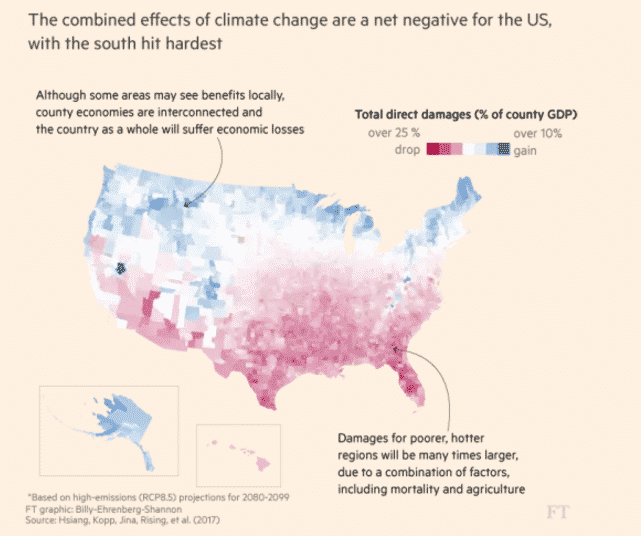Ian Buruma at the NYRB:
The legend of Utamaro as a demon of art, as well as an erotic connoisseur, began early on, but was later burnished in a movie by the great director Mizoguchi Kenji, entitled Utamaro and His Five Women (1946), which was based on a novel of the same title. The portrayal of the artist probably owes more to the way Mizoguchi saw himself than to historical accuracy.
The exotic image of traditional Japan as a kind of paradise of sexual refinement, which was already the product of a fantasy world promoted by artists like Utamaro, appealed to sophisticated collectors, writers, and artists in late-nineteenth-century Paris. The pleasure world of the Edo Period was seen as an elegant and sensuous antidote to the ugliness of the industrial age. And the same was true in Japan.
At first, in the last decades of the nineteenth century, when the Japanese were eager to modernize along Western lines, the hedonism of Floating World prints, and the wilder shores of Kabuki, were considered rather shameful. Soon, however, the popular theatrical genres and sensual entertainments of the past calcified in the culture of geisha and in classical Japanese theater, shorn of its wild inventiveness. But the art of Utamaro still retains the old spirit, which now evokes feelings of nostalgia.
more here.

